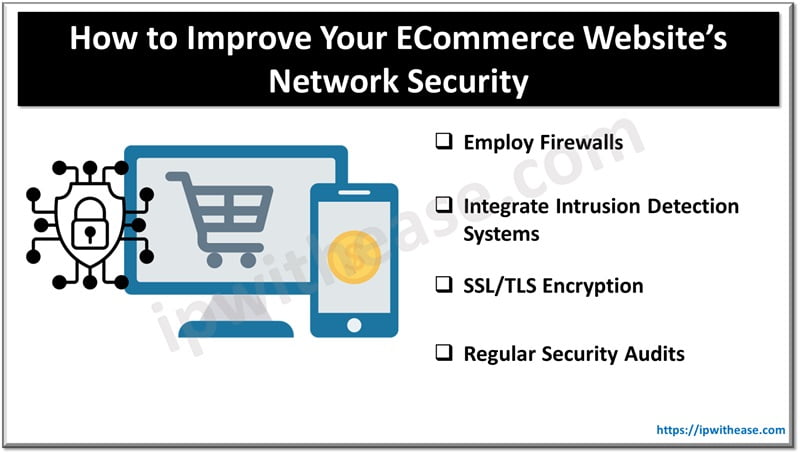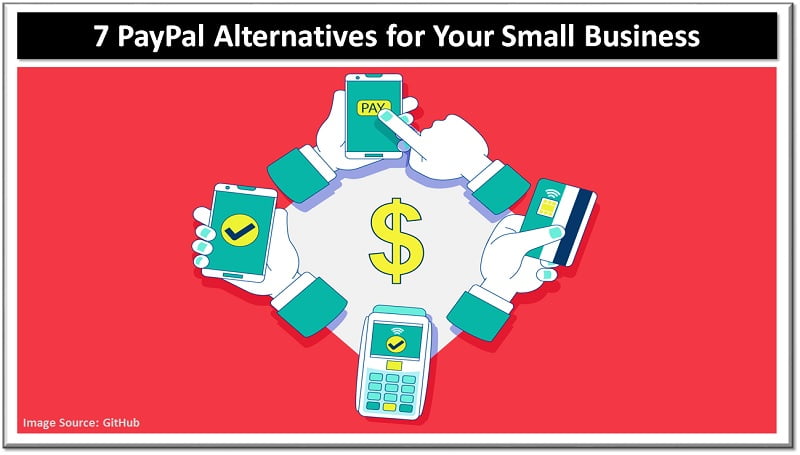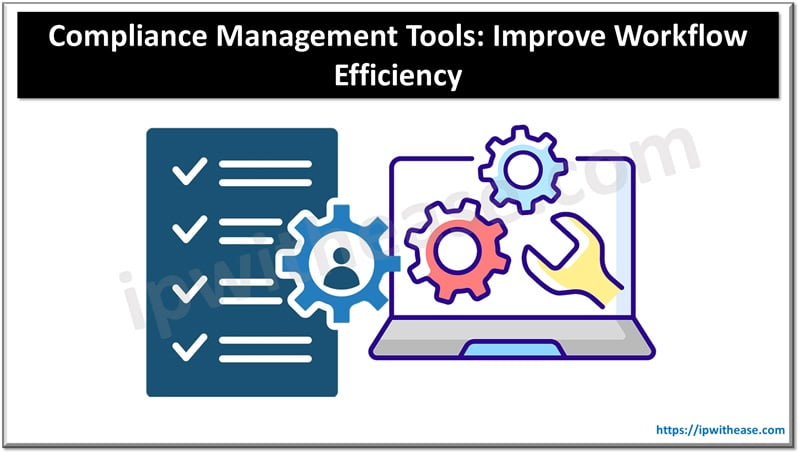Table of Contents
Cybercriminals want your eCommerce website. Which means your eCommerce site, like any other business website, can be vulnerable to e-skimming, SQL injection, DDoS, phishing, malware and many other attacks. These attacks can be very expensive resulting in downtime and overhead costs from system failures, stolen sensitive cardholder data, compromised customer information or even worse.
A well architected network security is one of the best weapons you can have to help reduce these expensive downtime and overhead costs. Network security provides the front line of defense to safeguard your sensitive and shared data, as well as, authorized users access to your website.

In this blog, we’ll guide you on steps you can implement to improve your website’s network security.
What Can You Do To Improve Your Website’s Network Security? – 4 Important Security Actions
To strengthen your ecommerce website’s network security, you must undertake 4 critical security actions:
1. Employ Firewalls
This security action can help you prevent unauthorized access to your networked resources.
It helps inspect traffic that enters and leaves your network. Firewalls determine which traffic to allow or deny based on techniques such as packet filtering, application-level gateways, and stateful inspection. Any traffic that doesn’t fit the security rules and policies is dropped immediately from the incoming and outgoing traffic flow.
These firewalls could be hardware-based, software-based or cloud-based. Any of the 3 will help prevent widespread attacks like unauthorized data exfiltration, denial of service (DoS) attacks, and malware attacks from infiltrating your networked resources.
2. Integrate Intrusion Detection Systems (IDS)
A competent IDS will easily pinpoint recognizable patterns of malicious behavior. This security action scans and analyzes incoming traffic from your network, as well as, system logs and other security related information on a regular basis to detect any intrusion into your eCommerce platform.
IDS is usually divided into two major groups namely host-based IDS (HIDS) and network-based IDS (NIDS).NIDS refers to the monitoring of a network’s infrastructure and traffic flow at selected points. HIDS, on the other hand, detects activities that occur at a single host.
You should consider undertaking this security action with both to strengthen your website’s network security.
3. Get SSL/TLS Encryption
Your ecommerce site carries sensitive information that should be heavily safeguarded.
An SSL/TLS encryption effectively prevents unauthorized access to this sensitive data. It works by converting the sensitive information into encrypted code that can only be understood by the decryption key.
To implement this into your network security, follow these simple steps:
- Obtain a free or paid SSL/TLS certificate from a reputable Certificate Authority.
- Use a Certificate Signing Request (CSR) to verify if the certificate is authentic.
- Install the certificate, change your site’s links to HTTPS
- Frequently monitor the certificate to ensure it stays secured and unexpired.
Also, you don’t need to worry about SSL/TLS affecting your website. This is just a common misconception that encryption weighs down your site’s ranking on search engine result pages.
All you need is the best eCommerce SEO agency working for you to handle on-page optimization for your online store. They will help you rank higher without you having to compromise the security of your website.
4. Carry Out Regular Security Audits
Periodic security audits ensure that you maintain a strong security protocol for your e-commerce platform. This is especially important if you’re planning on selling on multiple platforms.
It includes testing your network security configurations, data security review, third-party links, and your responsiveness to security failures.
Performing these audits regularly will enable you to swiftly detect any threats to your network security so you can immediately take preventative actions. However, the periodicity of these audits would depend on the size of your site and the volume and frequency of cyber security attacks you experience.
In Conclusion…
As the eCommerce business grows rapidly by the day, there are now more and more reasons for site owners like you to exercise precautions to protect against cyber attacks. Having rock solid and secure network security is the first step to protecting your and your user’s sensitive data as well as defending the credibility of your site.
Be sure to exercise best security practices like having firewalls installed, using SSL/TSL encryption and performing regular security checks.
If you sell through multiple channels, consider very important factors like data encryption and storage of such channels. Also, ensure you apply the same security policies for all your selling platforms for secure cross-listing and keep the bad guys away at all times.
ABOUT THE AUTHOR
IPwithease is aimed at sharing knowledge across varied domains like Network, Security, Virtualization, Software, Wireless, etc.



